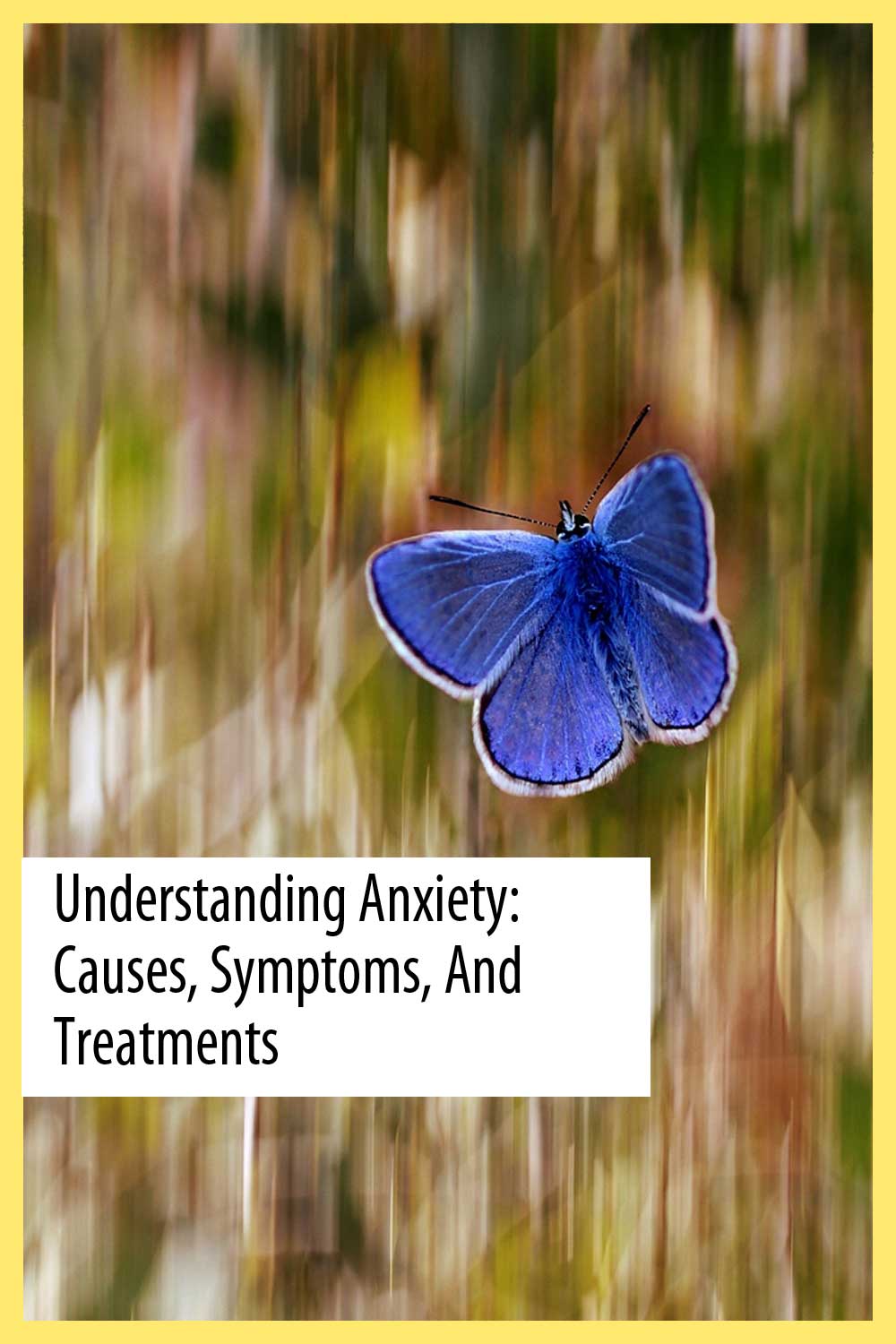
Understanding Anxiety: Causes, Symptoms, and Treatment
Anxiety is more than just butterflies in your stomach. Anxiety is a complex and common mental health condition that affects millions of people worldwide. It is characterized by intense feelings of fear, worry, and unease, often accompanied by physical symptoms. In this article, we will delve into the nature of anxiety, exploring its causes, symptoms, and available treatment options.
What is Anxiety?
Anxiety can be understood as the body’s natural response to stress or perceived danger. While occasional anxiety is a normal part of life, an anxiety disorder occurs when these feelings become excessive, persistent, and interfere with daily functioning. Anxiety disorders can manifest in different forms, including generalized anxiety disorder (GAD), panic disorder, social anxiety disorder, and specific phobias.
Causes of Anxiety
Anxiety disorders can arise from a combination of factors, including genetics, brain chemistry, personality traits, and life experiences. Some individuals may have a genetic predisposition to anxiety, making them more susceptible to developing the disorder. Imbalances in brain chemicals, such as serotonin and dopamine, can also contribute to anxiety. Additionally, certain traumatic events, chronic medical conditions, or substance abuse can trigger or exacerbate anxiety symptoms.
Symptoms of Anxiety
Anxiety can manifest in various ways, both physically and psychologically. Common symptoms include:
1. Psychological symptoms:
– Excessive worry or fear
– Restlessness or irritability
– Difficulty concentrating
– Racing thoughts
– Trouble sleeping or insomnia
– Feelings of impending doom or danger
2. Physical symptoms:
– Rapid heartbeat or palpitations
– Shortness of breath
– Sweating
– Trembling or shaking
– Dizziness or lightheadedness
– Upset stomach or gastrointestinal issues
Treatment Options
Fortunately, anxiety disorders are highly treatable, and several effective treatment options are available. The most common approaches include:
1. Psychotherapy:
– Cognitive Behavioral Therapy (CBT): Helps identify and modify negative thought patterns and behaviors contributing to anxiety.
– Exposure Therapy: Gradual exposure to anxiety-provoking situations to reduce fear and increase coping mechanisms.
– Mindfulness-Based Therapies: Techniques to cultivate present-moment awareness, reducing anxiety’s grip on the mind.
2. Medications:
– Antidepressants: Selective Serotonin Reuptake Inhibitors (SSRIs) and benzodiazepines are commonly prescribed to manage anxiety disorders.
3. Lifestyle Changes:
– Regular exercise: Physical activity can reduce anxiety symptoms by boosting endorphin levels and promoting relaxation.
– Stress management techniques: Practicing techniques such as deep breathing, meditation, and yoga can help manage stress and anxiety.
– Healthy sleep habits: Prioritizing adequate sleep can significantly improve overall mental well-being.
Conclusion
Anxiety is a prevalent mental health condition that affects numerous individuals, but it is important to recognize that help is available. Understanding the causes, recognizing the symptoms, and seeking appropriate treatment are crucial steps towards managing anxiety and improving overall well-being. If you or someone you know is struggling with anxiety, don’t hesitate to reach out to a mental health professional for guidance and support. Remember, you are not alone, and effective treatments can make a significant difference in your life.
Medical Advice Disclaimer
DISCLAIMER: THIS WEBSITE DOES NOT PROVIDE MEDICAL ADVICE
I am not a doctor. The information, including but not limited to, text, graphics, images and other material contained on this website are for informational purposes only. No material on this site is intended to be a substitute for professional medical advice, diagnosis or treatment. Always seek the advice of your physician or other qualified health care provider with any questions you may have regarding a medical condition or treatment and before undertaking a new health care regimen, and never disregard professional medical advice or delay in seeking it because of something you have read on this website.



